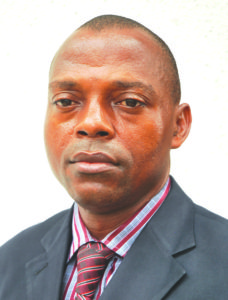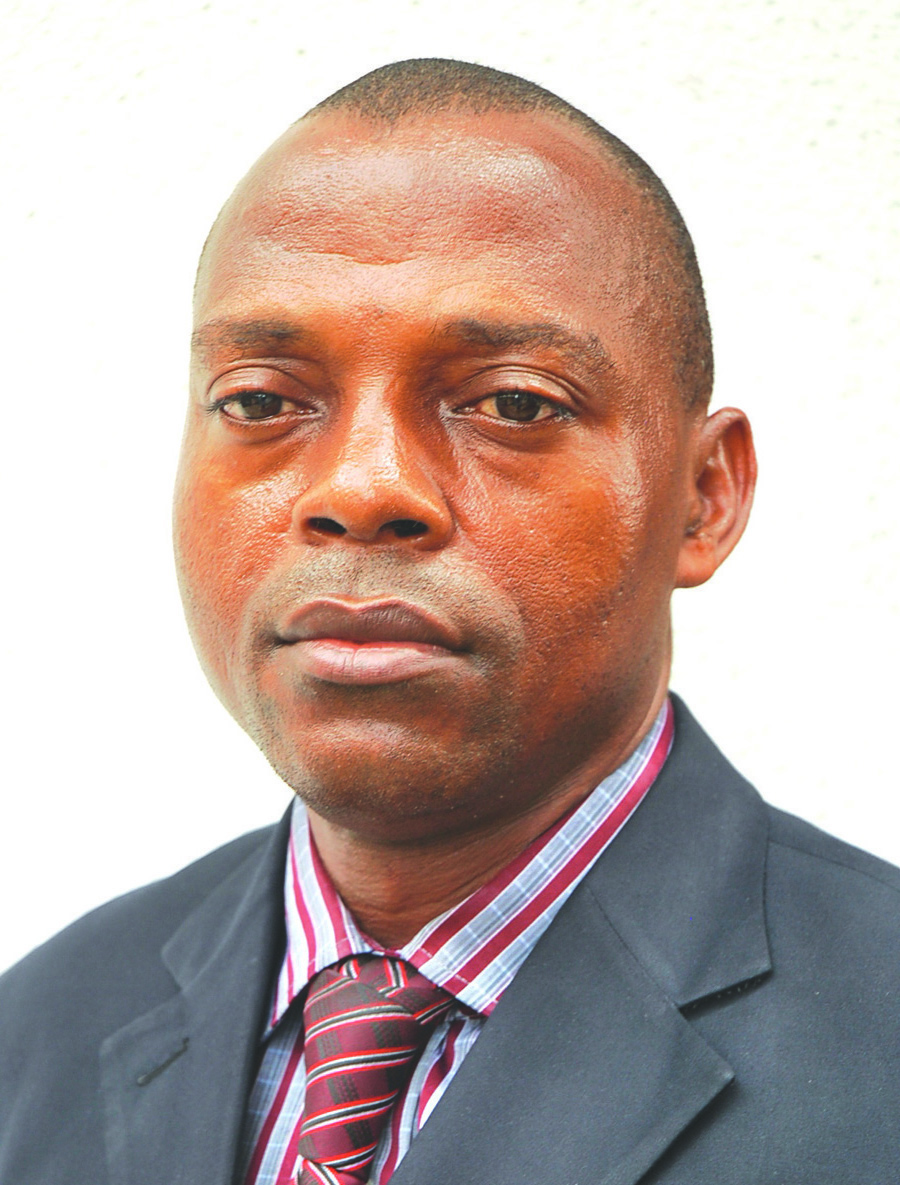Notwithstanding the violence done on law-making by the National Assembly when it flagrantly passed an anti-people bill against restructuring, Nigerians seem willing to forgive them and ignore the harm incurred. This is a rare show of magnanimity to a pack of rebellous lawmakers who actually deserve massive recall. However, the people are not prepared to compromise their position as they still insist on achieving a restructured economy, run on the wheels of true federalism. The underlying motives are to devolve power from the centre, remove all systemic imbalances working against the unity and development of Nigeria and make the nation’s economy sufficiently competitive.
 Both the Assembly of Nigeria’s Elder Statesmen and Southern Leaders Forum are unequivocal that restructuring is the only antidote to a looming desolution of the union and fractricidal war. Some of them including the irrepressible Professor Ben Nwabueze are already working on the modalities for a new constitutional amendment that can guarantee, quick and peaceful restructuring of the country.
Both the Assembly of Nigeria’s Elder Statesmen and Southern Leaders Forum are unequivocal that restructuring is the only antidote to a looming desolution of the union and fractricidal war. Some of them including the irrepressible Professor Ben Nwabueze are already working on the modalities for a new constitutional amendment that can guarantee, quick and peaceful restructuring of the country.
It is easy to notice, with the exception of a few usual voices, that the North has remained relatively silent on this issue of restructuring. The reason is clear: the North has benefited the most from Nigeria’s commonwealth and governance from 1960 till date. Out of 57 years of Nigeria’s sovereign existence, the North has held power for 39 years, while the South has managed to be in the saddle for only 18 years. If one adds this to the preponderant federal infrastructure and institutions in that region, coupled with a multiplicity of local government areas, which were created in the North based on empty landmass rather than population density, one would understand why the balance of power in Nigeria is weighted in favour of the North. This reflects also in the far larger number of House of Representatives members from the North; a situation which always skews voting pattern against the South. Evidently, the North wields enomous powers at the centre which it is unwilling to let go. However, for the sake of unity, peaceful co-existence and progress, the North has to co-operate.
On his return from medical vacation, President Muhammadu Buhari barely acknowledged restructuring as the most serious issue on the front burner of national discourse. In his six-minute national broadcast, he quickly dismissed the matter as one which the National Assembly and the National Council of State would handle; the same lawmakers that conspired to scuttle the bill in the first place. The president further said that he and the late Emeka Ojukwu both agreed in Daura in 2003 that Nigeria would “remain one and united.” This was obviously a veiled statement underlying his reluctance to undertake a renegotiation of the structure of Nigeria. The Southern leaders communiqué emphatically states that “even if we believe that historical agreement, it does not foreclose discussions on the terms and conditions of the union”.
We cannot forget too easily that the ruling All Progressives Congress (APC) has offered support for restructuring because it is in the party’s manifesto. But that’s a talk from one side of the mouth. APC’s body language and actions are clearly antithetical to restructuring and its change mantra. APC members voted en mass against restructuring on the floor of the National Assembly. If the president is not in the same boat with them, he’s expected to initiate a bill to the National Assembly immediately to commence legislative business on restructuring. We have observed instead that there are very few leading programmes that distinguish the APC from the opposition. Most of its policies are only on paper, to play to the gallery or completely unreasonable, like the crazy idea of exporting yam to Europe when there is serious hunger in the land.
The fear of losing powers at the centre cannot be compared with the enormous benefits that accrue from restructuring. It takes more courage from a leader to make fundamental changes that positively affect the future of a nation, especially if that’s precisely what the people want as the way forward. By direct implication, restructuring is also intended to liberalise the exclusive, concurrent and residual lists of government operation. When this is implemented, states which will constitute the federating units will now enjoy access to mining, mineral, geological, maritime and land use rights, hitherto conscripted by the federal government. By then, the poorest states in Nigeria would be made economically viable to give their people reliable and affordable health infrastructure, schools, roads and industries to operate at its own pace. The idea of going to Abuja every month to share money would end. State governments would be compelled to wake up from their slumber and come up with sustainable economic policies that will trigger development.
It is at a time like this that a credible opposition is needed to stir APC from its “draw-soup syndrome”. Sadly, there is no standing opposition anymore. Instead,the ruling party has been opposing it own policies, like a crocodile eating its own eggs, making the people feel awfully disappointed. There is no deliberate effort or even pretence to show that APC is radically different from the old order. It is seen only as a “better devil” than the PDP whose carcass value is still stinking and nauseating after 16 years of misrule. That bring us to the question, can the APC take us to the promised land?
By exposing corruption in high places and plugging major leakages, President Buhari, though an uncompromising Northernist, has good intentions for Nigeria. There may be lapses here and there, but he is without doubt better than most of his predecessors. If we have had leaders like him in the past 25 years consecutively, Nigeria would not have remained a crippled giant as it is today. The whole essence of governance is to lead the people out of socio-political and economic deprivations and give the majority fulfillment, without ignoring the minority. Essentially, President Buhari, notwithstanding his failing health and the political hawks around him, has the capacity to take this country to greater heights. Even in the eyes of the international community, he is doing well, despite the deluge of problems he inherited. Today, it is to the President’s credit that the pummelling recession which came from arrears of nation’s mismanagement is finally over.
However, in order not to crash-land from the high altitude of his purpose, and become a mere footnote in history, which is what his adversaries want, the president has to be more courageous. With courage, he has to do unusual things that will bring real change in Nigeria. Having returned from his sick leave of over 100 days, the president is expected to fix the health sector such that the change his government is preaching would become a reality in that sector. Again, Nigerians cannot continue to fluck into poorer neighbouring countries, Asia or Europe on medical tourism or educational pursuits due to lower standards at home. The threatening strikes by the Academic Staff Union of Universities (ASUU) and the Nigerian Resident Doctors over the years, have contributed in depreciating the nation’s standard, causing avoidable death and brain drain.
As a matter of urgency, President Buhari has to see restructuring as a serious national project that must be tackled by himself. The National Assembly should not be allowed to handle what it had rejected, otherwise, it would not see the light of day. Instead, a National Convention or Constitution Review Committee should be inauguarated to fast-track the process. Any government that fails to give its people their heart-felt aspiration to guarantee their freedom, justice and human dignity, that government has failed woefully. A stitch in time saves nine!
John Daniel Obioma


